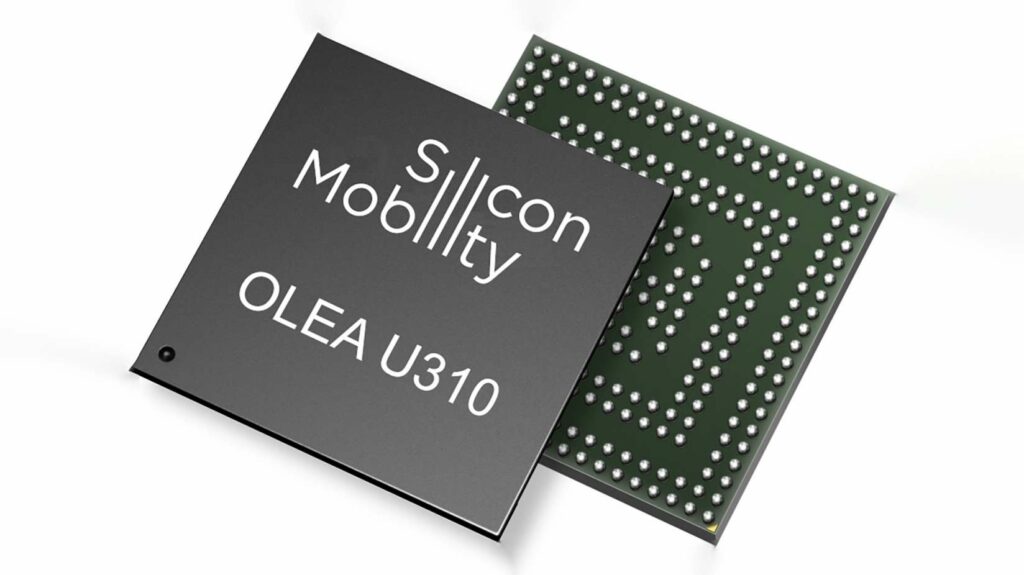By integrating cutting-edge hardware and software, it offers a comprehensive solution for efficient power and energy control, facilitating the automotive industry’s shift towards a fully electric, software-defined future.

The high purchase price of electric vehicles (EVs) has been a significant barrier for potential buyers globally. A primary reason is the costly advanced battery and e-motor technology needed to build EVs. To address this, enhancing the efficiency of existing battery technology through vehicle-level energy savings and improved integration with EV station infrastructure is crucial. Silicon Mobility, an Intel Company, has tackled this challenge with the launch of the OLEA U310 system-on-chip (SoC), a groundbreaking solution poised to transform the EV market.
The OLEA U310 is the industry’s first complete solution combining hardware and software for powertrain domain control in electrical architectures with distributed software. Its unique hybrid and heterogeneous architecture allows a single OLEA 310 Field Programmable Control Unit (FPCU) to replace up to six standard microcontrollers, controlling inverters, motors, gearboxes, DC-DC converters, and on-board chargers. This innovation enables original equipment manufacturers (OEMs) and Tier 1 suppliers to manage multiple power and energy functions in real-time.
Key performance improvements include:
- Energy Efficiency: Up to 5% improvement.
- Motor Downsizing: 25% smaller motors for the same power output.
- Cooling Needs: 35% reduction.
- Component Downsizing:Up to 30 times smaller passive components.
These advancements allow EV manufacturers to design high-performance, software-defined electric vehicles with greater range and lower production costs due to fewer integrated components. It has a range of advanced features tailored to meet the latest demands in automotive control. Its AxEC capability enables hard real-time control across multiple parallel applications with adaptable hardware, while SiLant ensures safe, deterministic multi-core processing with guaranteed worst-case execution times. For cybersecurity, the FHSM provides flexible hardware security modules to counter current and future threats. Additionally, the OLEA U310 complies with ISO 26262 ASIL-D and ISO/SAE 21434 standards, underscoring its commitment to safety and security.
In terms of technical specifications, the OLEA U310 is powered by three Cortex-R52 processors running at 350MHz, delivering 2196 DMIPS. The AxEC 2.0 feature includes two FLUs operating at 175MHz, providing 400 GOPS and 9.1 GMAC. The device also offers robust memory options with 8MB P-Flash, 256kB D-Flash, and 1MB SRAM. It supports CAN FD, CAN XL, and Ethernet for communication. The OLEA U310 is certified AEC-Q100 Grade 1 and comes in a 292 BGA package. The versatility extends beyond powertrain control to encompass chassis control systems, data fusion, air compressors, thermal management systems, and various other control systems. This flexibility makes it an ideal solution for a wide range of automotive applications.













